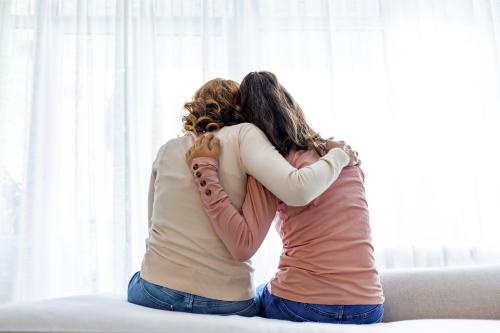A referral can be made into CAMHS by another professional e.g.GP, Health Visitor, Teacher or the young person can self-refer by contacting our Single Point of Access (SPA) Team on 01908 724228 or by emailing
Information and support for young people:
Resources for Parents
Coping with self-harm: a guide for parents and carers – available for free download.
Free hard copies can be ordered.
Healthtalk.org have a module on parents’ experiences of self-harm
No Harm Done (information for school staff and parents)
Royal College of Psychiatrists have shared health advice support
Papyrus have some useful resources for parents/carers, professionals and young people
Professionals please see information below:
Support your child: Self harm and suicide
Self-Injury Support run a women’s helpline, text service and webchat support. You can contact their helpline on 0808 800 8088, the text service on 07537 432 444 and access webchat through their website. These services are all open 7pm – 9.30pm, Tuesday – Thursday. There are also lots of resources and self-help links on their website.

